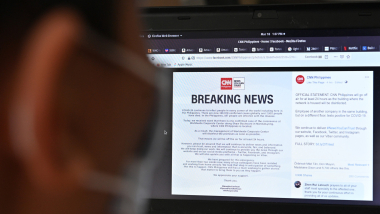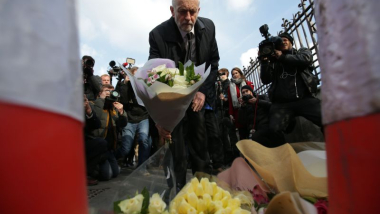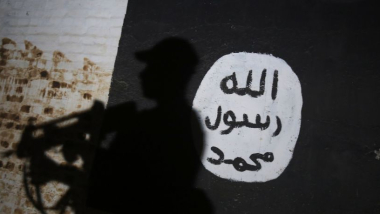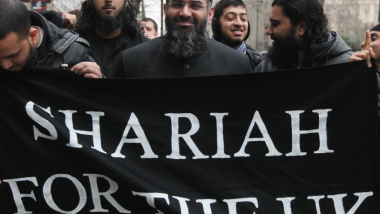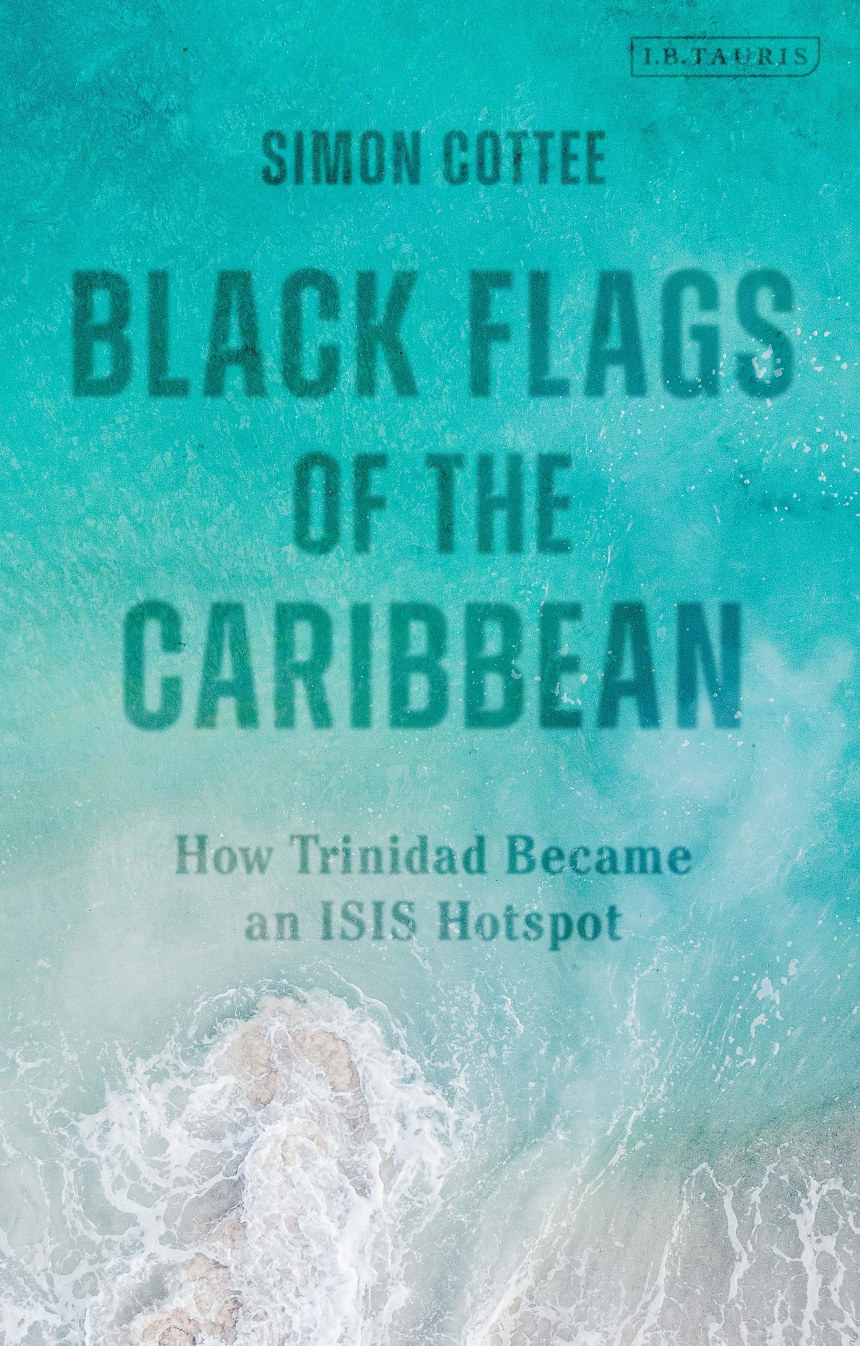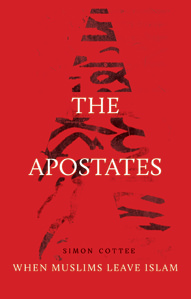For someone so unassuming and affable, Flemming Rose, the former foreign affairs editor of the Danish newspaper Jyllands-Posten, has a prodigious talent for making trouble. And trouble, for its part, has a special talent for finding Rose. On Sept. 19, 2005, Rose, the then culture editor at Jyllands-Posten, invited 42 Danish cartoonists and illustrators to draw the Prophet Muhammad “as they see him” for publication in the newspaper. Twelve artists took up the challenge, and on Sept. 30, that year, Jyllands-Posten duly published 12 editorial cartoons under the title, “The Face of Muhammad.” Of the 12, the most notorious was by Kurt Westergaard, depicting the prophet with a bomb in his turban. Another showed the prophet in heaven, remonstrating suicide bombers with the words, “Stop, stop, we have run out of virgins!” The purpose of this exercise, Rose later explained in a Washington Post article, “wasn’t to provoke gratuitously,” but rather “to push back self-imposed limits on expression that seemed to be closing in tighter.”

